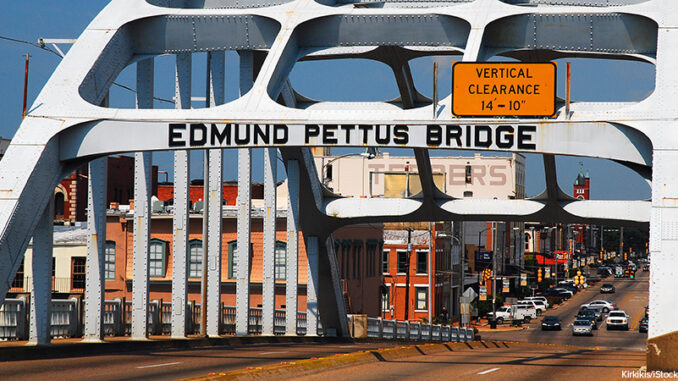
On July 30 the nation gathered to mourn the passing of John Lewis, a seventeen-term Congressional representative and hero of the civil rights movement. His funeral was held in Atlanta at the Ebenezer Baptist Church, where Dr. Martin Luther King was pastor from 1960 until his assassination in 1968. Lewis drew tributes from a wide range of important Americans, including several former presidents. Here, btw takes a closer look at some of the highlights from the day.
Former Presidents Remember
Former President George W. Bush reminded us of Lewis’s participation and leadership in the 1960s mass movement to achieve racial equality, school integration, voting rights, and more. Former President Bill Clinton celebrated Lewis’s faith, ongoing commitment to social change, and his perseverance to keep fighting for that change. He talked about how Lewis motivated others not to give up even during challenging times.
A Personal Touch
John Lewis was also remembered by fellow civil rights activist Xernona Clayton, who talked about introducing Lewis to Lillian, his wife of 43 years. Lewis’s deputy chief of staff, Jamila Thompson, spoke on behalf of her fellow staff members about what it was like to work with Lewis in the House of Representatives every day. She described how Congressman Lewis would regularly feed his staff meals and treat them like family, and how hard he always worked to represent his constituents.
Obama’s Eulogy
The most memorable moment of the service was former President Barack Obama’s forty-minute eulogy for Lewis, who was a lifelong hero and mentor to the former president. Obama credited Lewis for inspiring many of Obama’s successes. He also spoke of how Lewis blazed a leadership trail for other African Americans to follow. In his eulogy, Obama discussed Lewis’s humble childhood as the son of sharecroppers in the South and traced his participation in the civil rights movement as a student organizer in Nashville, an original Freedom Rider, and the youngest speaker at the March on Washington for Jobs and Freedom–where Dr. King delivered his “I Have a Dream” speech. Obama also celebrated Lewis’s commitment to nonviolent protest, his kind and gentle nature, and his courage. He linked the brutality that Lewis and others like him faced during the civil rights movement, to modern-day police tactics and the death of George Floyd at the hands of Minneapolis police officers.
Obama also talked about how real change will come through both protest and politics–not one or the other–and that the passion of protest must be translated into laws and policies in order to effect real and lasting change. He described the way that American voting rights are under attack and how everyday citizens must fight to preserve their democracy.
